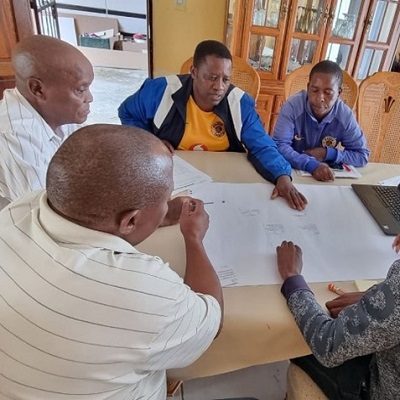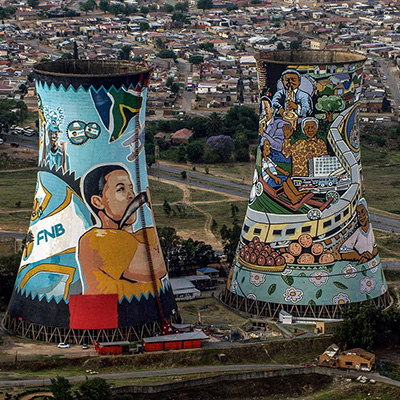- Dates2020-2023
- SponsorBelmont Forum / EPSRC
- Funded€1,070,000
- PartnersPennsylvania State University, University of Sao Paulo
Humanitarian disasters such as droughts expose approximately 10 million people in Sub-Saharan Africa to food, water and energy insecurity. Several different indices are developed to monitor and manage the exposure, risk and resilience to disasters. Yet, the interaction and interdependency of these indicators with each other and the impacts of disasters is poorly understood. MADIS aims to address the dearth of knowledge on the interaction and interdependencies between different risk, resilience and vulnerability indices and their relationship to the impacts of droughts and evolution of infrastructure systems. In particular, we would like to improve the representation of institutional, infrastructural, societal dimensions in drought risk analysis and nexus thinking.
The water-energy-food (WEF) nexus has received a lot of attention due to its capability to capture conflicts, trade-offs and synergies holistically across these systems and related decisions. The new drought risk management framework that we develop utilising this nexus thinking and societal dimensions will be applied and validated in selected African partner countries through primary research via online surveys and expert workshops and interviews. Using a socio-technical systems view, we will create a step-change in the implementation and use of drought management tools by different stakeholders.
Latest updates
MADIS: SRI 2023 conference
On 20 June 2023 we successfully hosted an online session on 'drought resilience in Africa' as a part of the Sustainability Research & Innovation Congress (SRI) 2023 Africa Satellite event, which was held in South Africa from 20 to 22 June 2023. It was an interesting session where five presentations highlighted the opportunities and challenges in the African region, mainly with respect to droughts, their impacts on the farming communities, and existing adaptive strategies. The presenters were early career researchers and senior academicians from Cranfield and other collaborating institutes, namely, Penn State University in the USA, the University of Sao Paulo in Brazil, and Mohammed VI Polytechnic University in Morocco. This session was conducted as a part of the Management of Disaster Risk and Societal Resilience (MADIS) project funded through the Belmont Forum and EPSRC.
Presentations from the conference can be downloaded using the links below.
- Drought Resilience in Africa
- Design Process for Drought Resilience Indicators Survey
- Global Expert Survey on Multidimensional Drought Vulnerability and Resilience Indicators for Small Farms
- Fuzzy Cognitive Mapping: Learning from Small-Scale Farmers in South Africa & Morocco
- Drought Situation and Management Strategies in Morocco
Further information on the MADIS project can be found in the Belmont forum's collaborative research posts.




